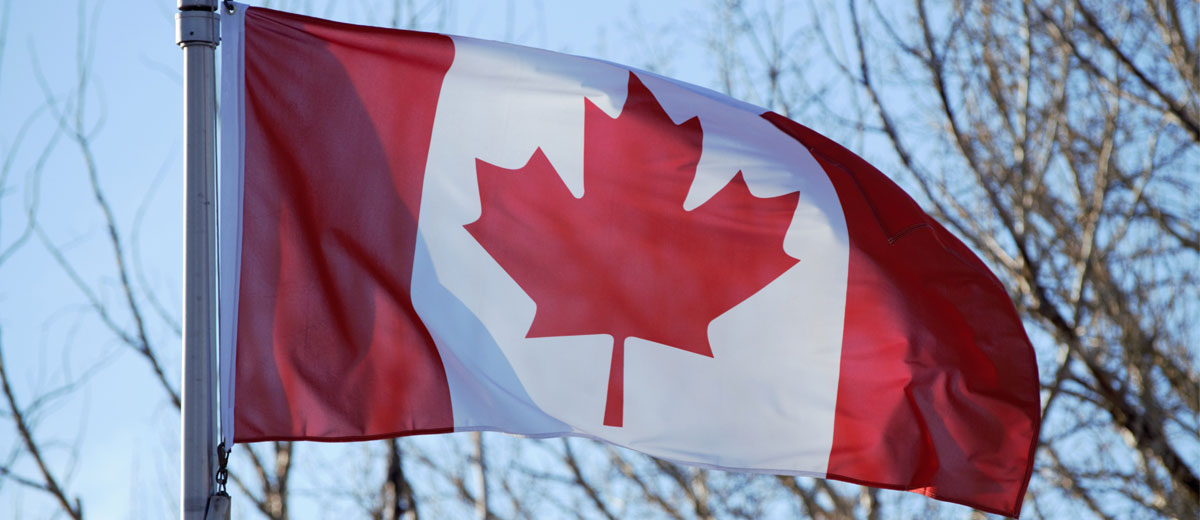
By Joan Janzen
The humorous line said, “My employer told me not to think of him as the boss, rather, think of him as a friend who is never wrong.” Perhaps this applies as our Prime Minister met with Germany’s chancellor, in order to provide a solution to their energy crisis.
The Canadian Energy Centre explained Germany’s situation, describing it as one of the European countries that moved too fast switching to renewables. Now it’s paying a steep price, while remaining reliant on Russia for fossil fuels.
Consequently, one in four Germans now live in energy poverty, while Russia has limited Germany’s gas supply. Sixteen percent of industrial firms are considering reducing production. Some cities are restricting heat and warm water use, and preparing emergency warming shelters. Germany has also restarted or extended the life of 21 coal plants. Throughout the world, 296 coal plants are in the pre-construction phase and 19 are under construction, primarily in Asian countries.
However there are solutions readily available. According to a 2020 study in the Journal for Cleaner Production, exporting natural gas from Canada in liquefied form to replace coal in China alone could result in emissions reductions by as much as 62 percent.
According to the Canadian Energy Centre, demand for liquefied natural gas (LNG) will outpace supply by the middle of this decade, which creates an opportunity for Canadian LNG to help create nearly 100,000 direct and indirect jobs at home for years to come. In a world scrambling for secure, reliable energy, the Canadian Energy Centre realizes a strong Canadian oil and gas sector has never been more important. It sounds like a logical solution, right? But it’s not a simple solution. Canada is the world’s fifth largest producer of LNG, but is getting beaten on LNG exports by: Trinidad and Tobago, Nigeria, Angola, Malaysia and Papua New Guinea.
Canadian Energy Centre released this fact: Canadian LNG will have among the lowest emissions intensity in the world. But forcing emissions reductions too hard and too fast doesn’t help the world, it just hurts Canada. The Centre observed that, no economic risk analysis of the impact on the oil and gas sector has been provided, which is critical for business planning.
Our prime minister brought up the topic of business planning last week when he met with German Chancellor Scholz, regarding how Canada could help alleviate Germany’s energy crisis. In a report by Global News, it stated the Prime Minister wasn’t convinced it makes sense to move gas all the way from Canada’s west coast to the east coast for export to Europe. “It needs to be a business case; it needs to make sense,” the Prime Minister said. “Right now our best capacity is to continue to contribute to the global market.”
Richard Masson, from the University of Calgary said, “It all comes down to pipelines.” And analysts wonder what the priority will be: a push toward a green economy or building capacity to send gas directly to our allies. The answer appears to be obvious.
According to an article in The Financial Post: The German Chancellor was in our country to sign a deal to establish hydrogen supply chains with Canada, where there are plans to build a plant that will use wind energy to produce the fuel for export. However this wouldn’t offer a solution for this winter when Germany is facing a possible gas shortage, or next winter, as the infrastructure is not yet in place.
While not offering an immediate solution for Germany, our Prime Minister made a commitment at a recent United Nations Climate Change Conference to reduce emissions by 40-45 percent by 2030. The implications of this are catastrophic.
Jordan Peterson voiced his opinion on the situation. He said, “Our Prime Minister believes it’s his mission to elevate the consciousness of his citizens instead of serving their interests economically or practically, and fails in his efforts to save the planet.”
Like our Prime Minister said previously, “It needs to be a business case; it needs to make sense.” He may also suggest Canadians not think of him as their Prime Minister, but as a friend who is never wrong.








































